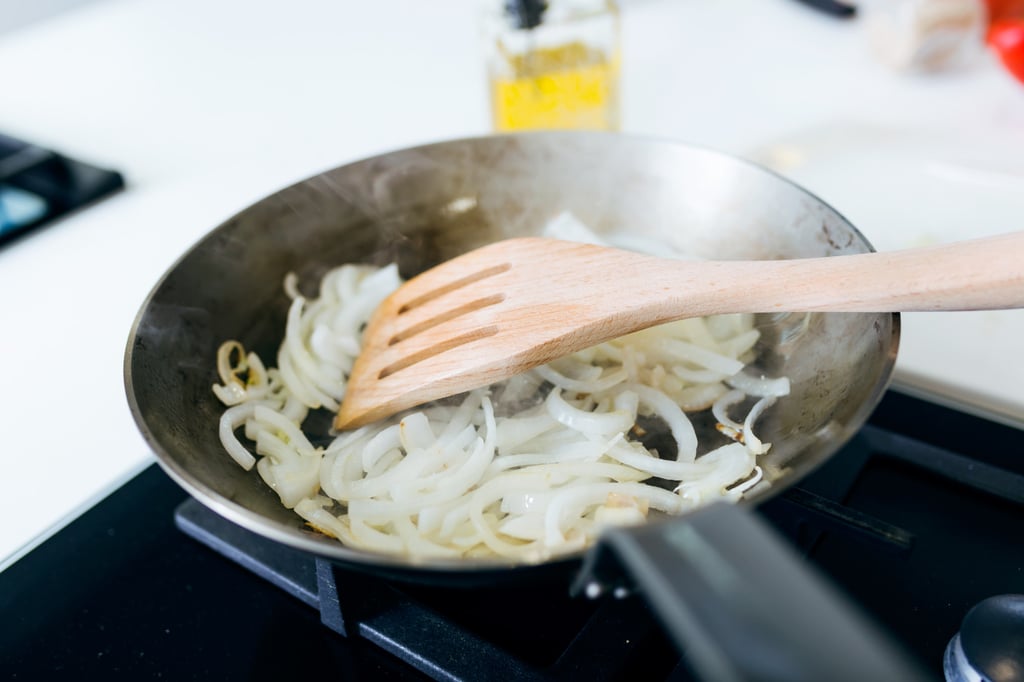How cooking and connecting fully with food brings emotional, mental and physical benefits – interviews

People who have always loved to cook already know the feeling of joy and self-fulfillment that can come from baking banana bread that makes your whole kitchen smell like a bakery, or serving up a comforting casserole that has been simmering on the stove for several hours.
And during the pandemic, when people had to stay at home and started spending more time cooking and baking to entertain themselves, it was more apparent to many that cooking can indeed be good for the soul.
Official studies have confirmed this. In a study published in 2021 by Ozan Güler and Murat Ismet Haseki in Turkey, nearly half of all respondents stated that cooking brings them happiness, while 23 per cent saw it as a fun activity and nearly a third said it bought them psychological relief.

“If you know how to cook food consciously, you know how to activate sensual awareness of food and experience of the food by focusing on its colours, textures, smells and tastes, which involves the right side of our brain – its ability is to feel,” says Chang.
“This can free our mind from overthinking – the act of dwelling in the past or the future. There’s a saying that goes, ‘a wandering mind is often an unhappy mind’. Most burnouts and stress are caused by overthinking.”
Both Dias and Chang also suggest practising mindful eating – whether that’s for someone who is already familiar with the joys of cooking, or for a beginner wanting to try it out to perhaps enhance their mental health.
“Open up all your senses and pay attention to your likes and dislikes. This will help you connect to your food and be more conscious of it, more aware of whether the food is fresh and what kinds of additives it contains,” says Chang.
“Mindful eating helps you become more aware of your eating habits, hunger cues, preferences and triggers, which can lead to healthier food choices and a more balanced relationship with food,” says Dias.
Whether or not it’s done for mental wellness, approaching food and its preparation with a positive mindset will always bring better results.
“Cook with love. Approach cooking as a form of nourishment and self-care, and let that intention guide your actions in the kitchen,” says Dias.
Source link